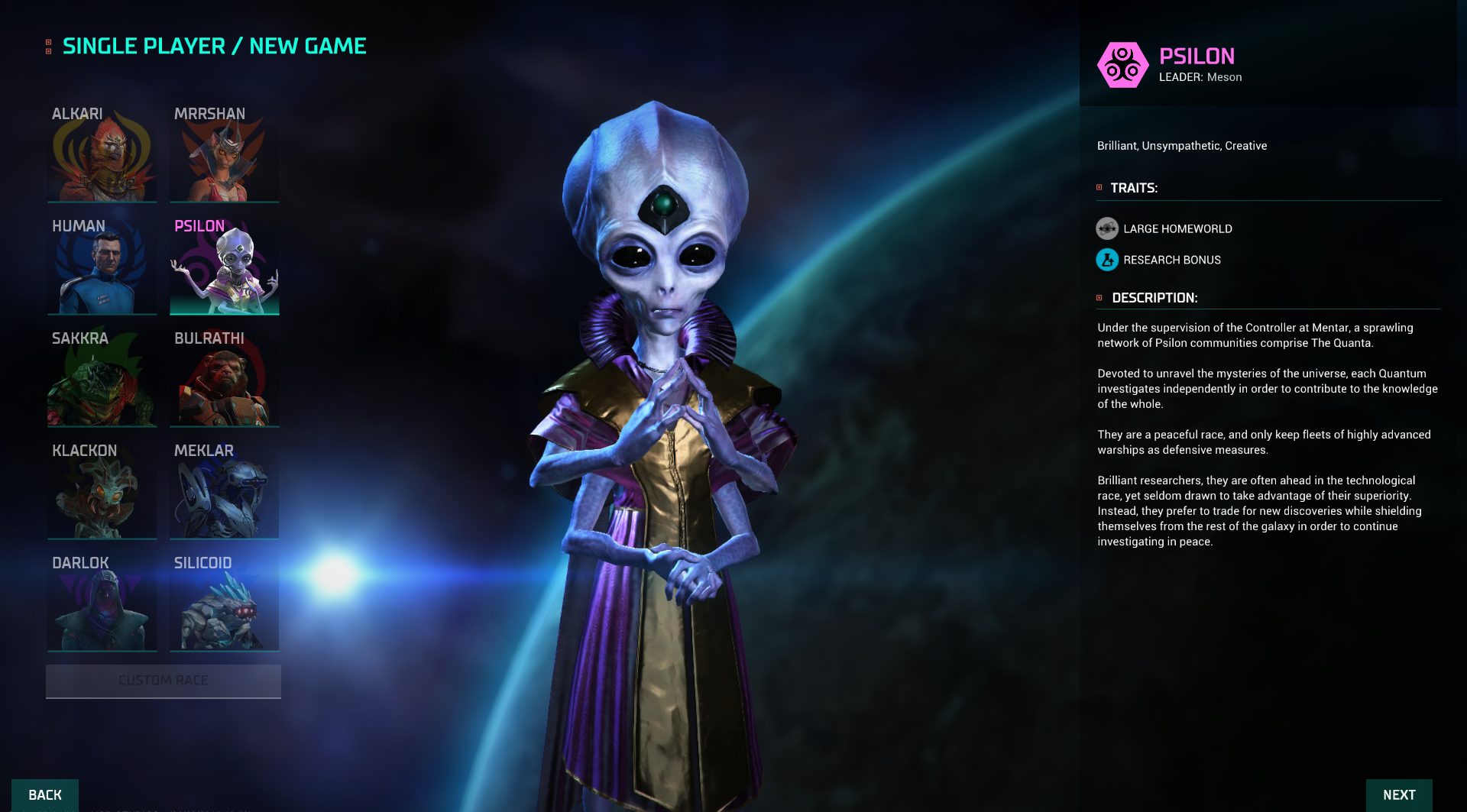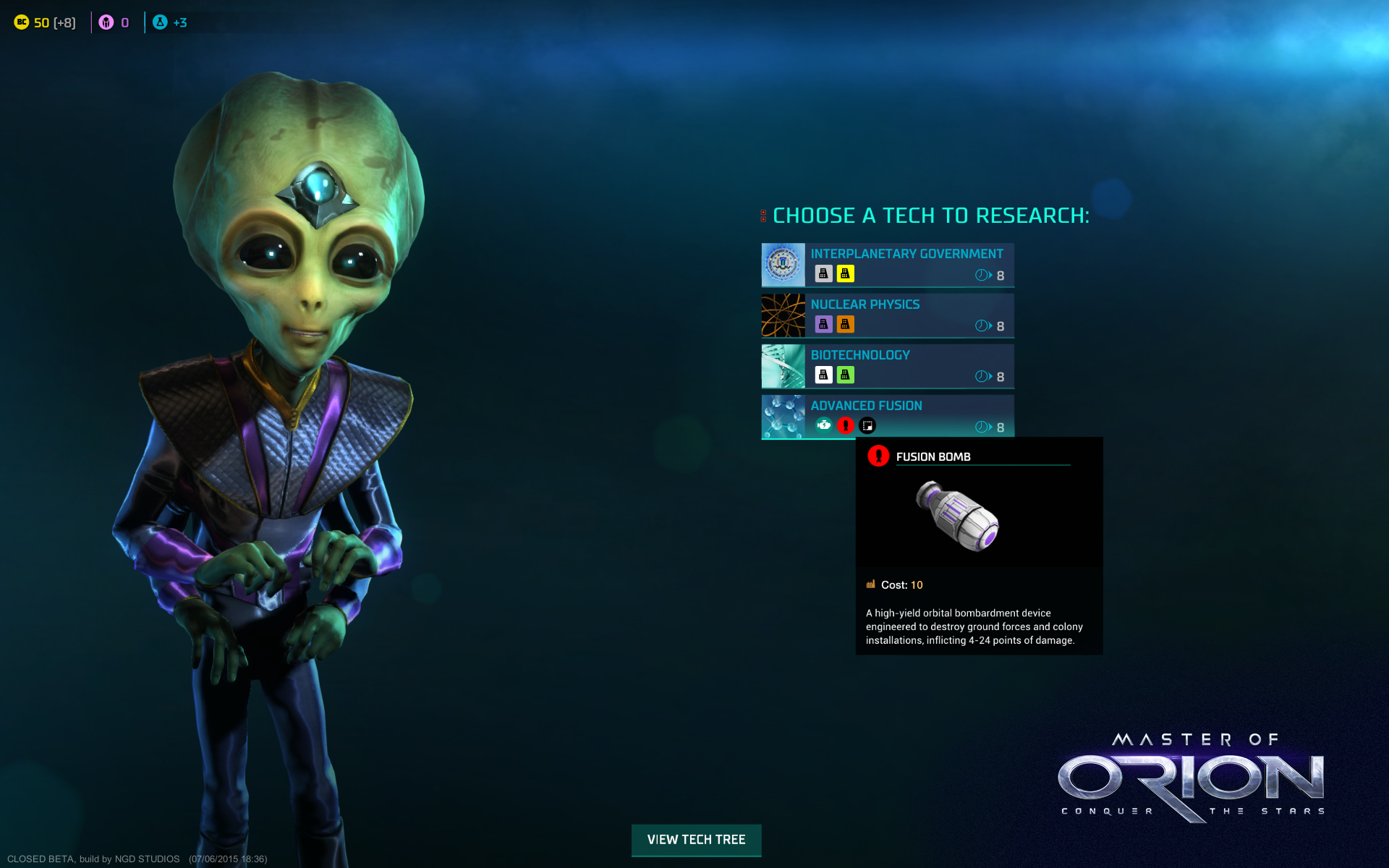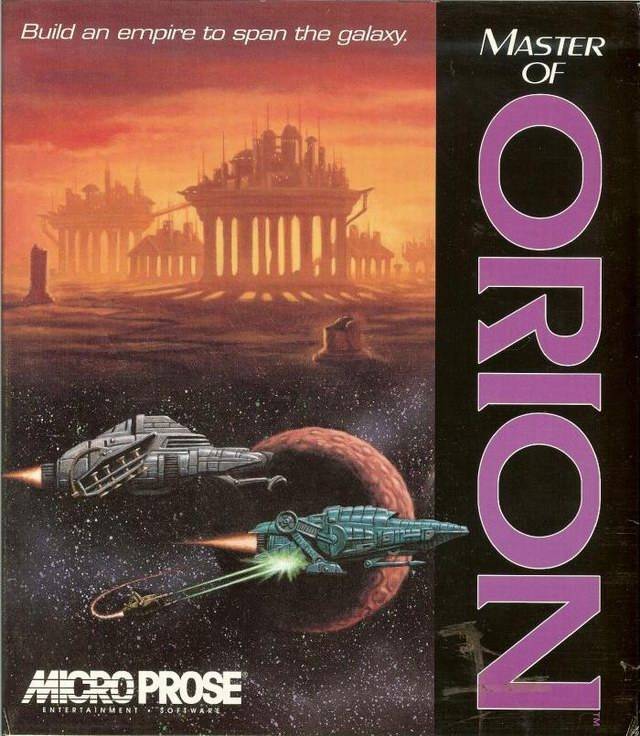Reviving Master of Orion: An interview with Wargaming’s Chris Keeling
There is one thing in the tech world that really irritates me more than anything else: job titles are almost meaningless. I mean sure, having a job title is kind of required in most situations, but in every other industry you can tell how senior someone is by their job title. A staff writer sits below say a reviews editor, who most likely sits below a editor-in-chief; It’s simple, it’s understandable and it works. But in the tech world there is so many jobs that the system has broken.
Chris Keeling is the Director of Product Vision at Wargaming and if you can tell me what the hell that means, and who his direct boss is without any searching, I will be amazed.
Keeling has been in the industry for a long time, having worked on the likes of Panzer Elite, America’s Army: Soldiers and World of Tanks. He has even been a program manager for the game design course at Full Sail University (which you may know as the home of NXT). He knows his stuff, but being the Director of Product Vision is a ridiculous job title. What the hell does it mean!?
Even after speaking to Keeling for a decent chunk of time at a recent event, I’m still not entirely sure what his day to day activities include, but what I do know is that he is one of the head guys on the upcoming Master of Orion. Master of Orion (hereby known as MoO because screw typing that out every time) is the first game coming out of WG Labs, the new publishing arm of Wargaming designed to show that they are more than just ‘those guys that made World of Tanks’.

At the beginning of the game, players are tasked with choosing a race. Each race comes with its own unique bonus, ranging from increased production to advanced research skills.
For us younger folk who most likely don’t remember the original three MoO games, the last of which came out way back in 2003 and was only available on PC/Mac, the simplest way of describing it is basically ‘it’s a bit like Civilisation but in space.’ A true turn based 4X strategy game with space exploration, alien races and if, like me, you have basically no idea what you are doing, a very high difficulty. Although Keeling did offer up an interesting tip to help me out.
“You should play it for half an hour or so, probably about 40-50 turns and no matter where you are just stop and start a new game because you made a bunch of mistakes,” explains Keeling. “You may not know it yet but you probably made some mistakes, and have since learned a few things. So when you start your next game it will be so much better.”
It’s certainly no secret that I am perhaps not the best strategy game player in the world. I am so bad at strategy games that at a recent LAN party my friends refused to let me join their game of Civ V, so I sulked and played Mount Your Friends instead. But MoO has me interested for some reason, and it is clear that I am the type of person that they want to try their game.
“We want 80% of the players who play this game to be new players who have never even heard of MoO before. To do that we had to make the game more approachable, we have to make the interface simpler, it can’t be all spreadsheet and numbers all the time. Right now one of the problems is that we don’t have a tutorial in yet. We have one that is half finished, but we don’t want to put that in because it ends at a silly place.”
MoO is currently available on Steam Early Access, hence there being no tutorial yet. There is always a risk with Early Access (especially when a well known franchise heads to the platform) that fans will dissapointed with the product, not understanding that it isn’t finished yet, but for MoO that doesn’t seem to have happened.
“The reaction to early access has been really good, we are actually doing much better than we thought. We know that there is weak spots, the pacing and the AI for example, and we are working on them. We are getting those areas echoed back to us by the community, which is good as it shows we are on the right track because the things they don’t like are the things we are still working on.”

There are various routes of technology for you to study in-game, allowing players to forge their own path of advancement.
Not only is launching via early access a risk, but MoO seems like a bit of a strange choice for the platform. Traditionally, strategy games have always launched feature complete as missing mechanics can totally change the game. However MoO is almost complete, with Keeling saying that around 80% of the game is done, and the last 20% being developed right now while being influenced by the community. So what exactly was the point in doing early access?
“We find a lot more bugs being in early access. We do have a big quality assurance team, but you can’t test on thousands of different PCs at the same time, so that is useful. Of course the data is also key and we want to get opinions on the game. We do things like visibility studies and play tests, we have a lab that we work with who can do eye tracking, who can get all kinds of data, the kind of data that you couldn’t get 10 years ago. So we know which race wins the most, and how they win, so we can balance easier. Even the players who aren’t directly giving us feedback actually are, because we know how they are winning and how they are losing, we can then use that to tweak the balance to make it more even.”

Master of Orion’s original 1993 boxart.
Master of Orion is of course the first non ‘World of’ game that Wargaming has produced in quite some time, and is the debut title from WG Labs. While there isn’t any other titles announced to be under the WG labs banner they are actively looking for new games to work on, with MoO almost being a test of the system. With so little information about WG Labs available, we wanted to know exactly what they are up to.
“WG labs is more on the publishing side, so they are not really handling the development; NGD Studios is still doing the development internally. We do have some development resources to help them and we will also be doing all of the usual publisher things. We actually brought a team on board from the original MoO to advise them. Since it has been so long since the first game, many of the people who worked on it aren’t in the games industry anymore. They become really hard to find, we didn’t find some we wanted to, but we got the original producer, art director and composer. We get lots of feedback from them, as it’s useful to us so that we don’t lose the soul of the game.”
While talking about what the original team thought, Keeling revealed that this was a project Wargaming CEO Victor Kislyi was incredibly keen on doing, and he has stayed as close as possible with development.
“Victor went on vacation over Christmas and he said ‘Can you make sure my version is up to date?’ I was like but you’re on vacation you shouldn’t be doing work, but he still really wanted to play.”
It’s not like Wargaming need any extra cash, but having only one game signed to your publishing arm seems to be a little bleak. There is a good chance that they have games we don’t know about yet, but if they don’t then Master of Orion really needs to produce revenue for a while. Obviously the best way to do this would be DLC but will we ever see it become a regular franchise under WG Labs?
“We are really exceeding our predictions right now, so as long as we keep doing that then we should be able to make regular DLC. We are getting a lot of requests for things that are in MoO 2, as we are based on MoO 1, so conceivably that could be a good package. We could use the IP itself as the basis for something else, like some other genre. Like a shooter or something or something in VR, or maybe a diplomatic game, we could do it.”
As our interview comes to a close, I hit Keeling with the fabled ketchup question. Now Adam Orth had a good go at answering this reasonably, but was wrong, as were Steve Gaynor, Tymon Smektala and the less we say about Matt Korba the better. But Chris Keeling has the answer we have all been searching for, the one to end the ketchup war and even as a devout cupboard supporter one that even I can get behind.
“It’s in the fridge,” he says sounding like he is almost disappointed with himself. “Just to keep it with the mayonnaise, the mustard, and the pickles. When I have hotdogs and hamburgers it’s all in the same place, so you can just grab it all at the same time, it’s easy. I actually put it out before I eat it so that it can get a little warm and isn’t freezing cold.”
Well played Chris Keeling, well played.


